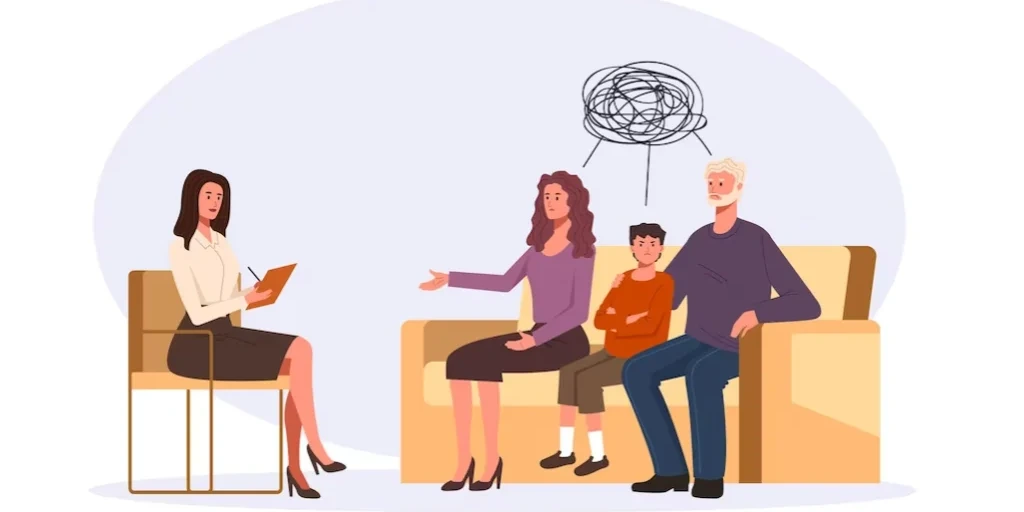24/7 Helpline:
(866) 899-221924/7 Helpline:
(866) 899-2219
Learn more about Depression Treatment centers in Hood River
Depression Treatment in Other Cities

Other Insurance Options

Multiplan

Premera

BlueShield

Carleon

Optima

Providence

Humana

Health Net

BlueCross

Horizon Healthcare Service

Coventry Health Care

Excellus

MVP Healthcare

Aetna

United Health Care

GEHA

WellPoint

MHNNet Behavioral Health

Magellan

PHCS Network

Providence Hood River Memorial Hospital Behavioral Health
Providence Hood River Memorial Hospital Behavioral Health is a private rehab located in Hood River, ...

Mid Columbia Center for Living
Mid Columbia Center for Living is a public rehab located in Hood River, Oregon. Mid Columbia Center ...








































